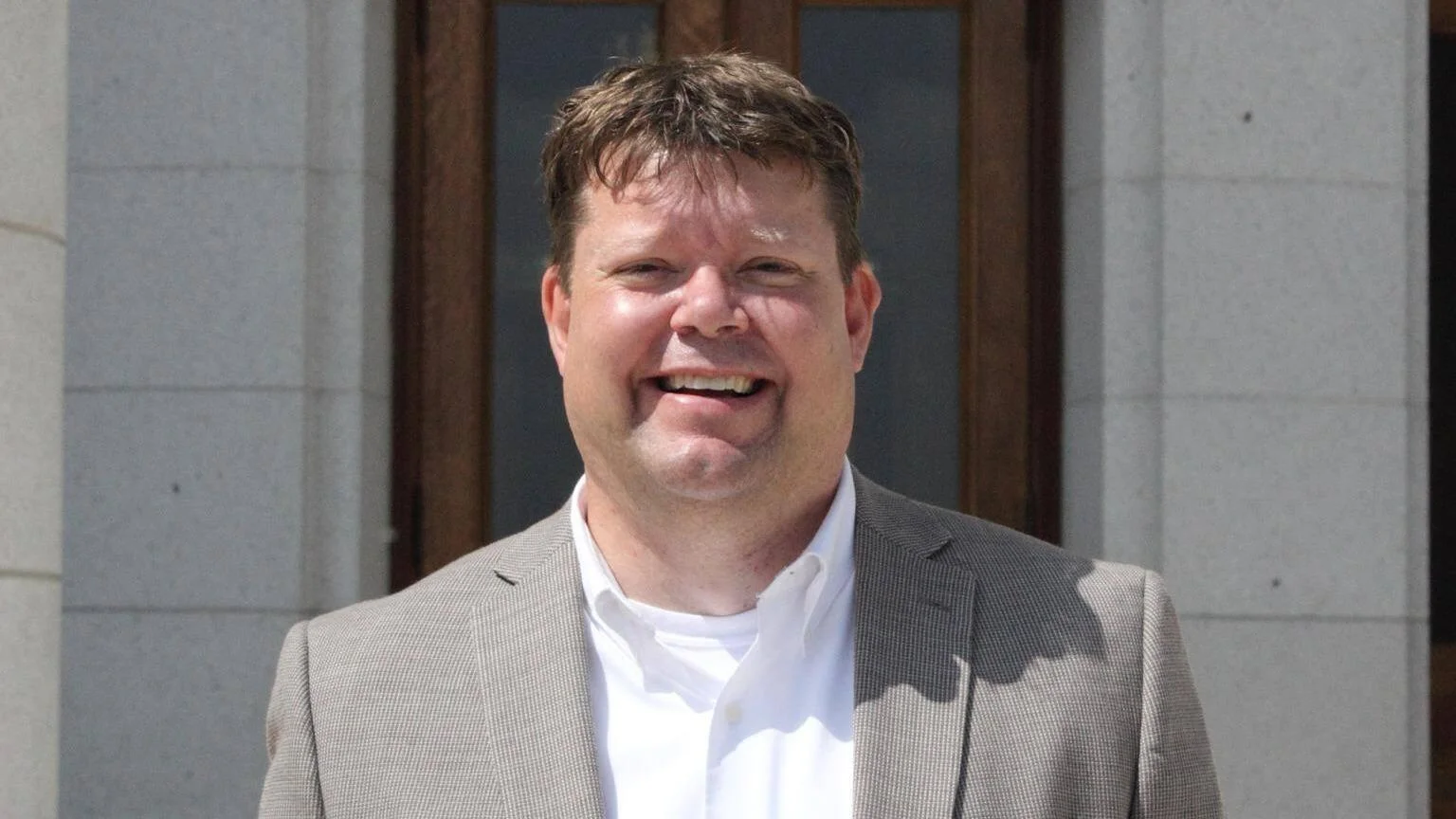John Jagler, Wisconsin State Senator for 13th District | Facebook
John Jagler, Wisconsin State Senator for 13th District | Facebook
According to the Wisconsin State Legislature's official website, the bill was described as follows: "the procedure for adding federal newborn screening recommendations to the state-required newborn screenings, granting rule-making authority, and providing an exemption from emergency rule procedures. (FE)".
The following is our breakdown, based on the actual bill text, and may include interpretation to clarify its provisions.
In essence, this bill mandates the Wisconsin Department of Health Services (DHS) to evaluate disorders listed in the federal Recommended Uniform Screening Panel (RUSP) as of Jan. 1, 2025, to decide on their inclusion in state-required newborn screenings. Disorders already included by that date are exempt from reevaluation. For newly added RUSP disorders post-2025, DHS has 18 months to assess their inclusion and start rule-making if deemed necessary. If a disorder is not added, DHS must annually review medical literature and resource capacity to reconsider. If evaluations suggest inclusion, rule-making for that disorder begins, with testing implementation required within six months of rule publication. DHS can use emergency rules without standard justification, ensuring quick action if needed.
The bill was co-authored by Representative Barbara Dittrich (Republican-99th District), Senator Kristin Dassler-Alfheim (Democrat-18th District), Senator Jesse L. James (Republican-23rd District), Senator LaTonya Johnson (Democrat-6th District), and Senator Melissa Ratcliff (Democrat-16th District). It was co-sponsored by Representative Deb Andraca (Democrat-23rd District), Representative Cindi Duchow (Republican-97th District), and Representative Daniel Knodl (Republican-24th District), along with eight other co-sponsors.
John Jagler has authored another two bills since the beginning of the 2025 session, with none of them being enacted.
Jagler, a Republican, was elected to the Wisconsin State Senate in 2021 to represent the state's 13th Senate district, replacing previous state senator Scott L. Fitzgerald.
In Wisconsin, the legislative process starts when a senator, constituent, group, or agency proposes an idea for a bill. After drafting, the bill is introduced, numbered, and referred to a committee for review and public input. If approved, it moves through three readings and votes in both the Senate and Assembly. Once both chambers pass the same version, the bill goes to the governor, who can sign it, veto it, or let it become law without a signature. Only a small share of bills introduced each session ultimately become law. You can learn more about the Wisconsin legislative process here.
| Bill Number | Date Introduced | Short Description |
|---|---|---|
| SB145 | 03/21/2025 | The procedure for adding federal newborn screening recommendations to the state-required newborn screenings, granting rule-making authority, and providing an exemption from emergency rule procedures. (FE) |
| SB18 | 02/05/2025 | Changes to the educational assessment program and the school and school district accountability report. (FE) |


 Alerts Sign-up
Alerts Sign-up